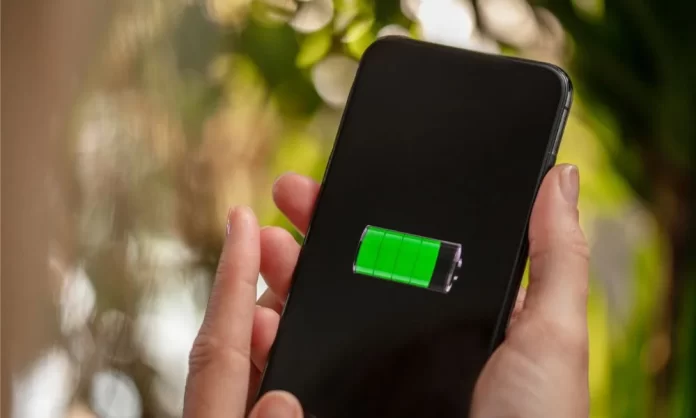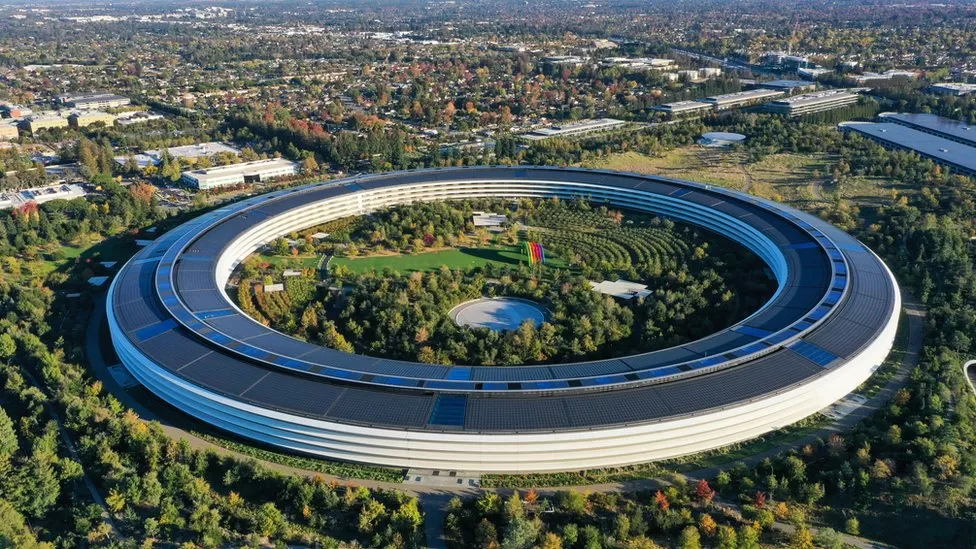Recent reports have revealed that Chinese company Betavolt is developing a revolutionary prototype battery capable of powering smartphones for an astounding 50 years without any need for recharging, generating considerable excitement among both industry experts and consumers.
Described as the world’s first miniaturized atomic energy system, this nuclear battery integrates 63 different nuclear isotopes in a compact arrangement smaller than a coin. Betavolt’s announcement, as reported by Business Daily, indicates that the battery harnesses energy from the decay of these isotopes, converting it into electricity using semiconductor converters – a concept first delved into in the 20th century.
In a statement from Betavolt, the company highlights its use of nickel-63 nuclear isotope decay technology combined with China’s pioneering diamond semiconductor module. This innovation has enabled the miniaturization and modularization of atomic energy batteries at a reduced cost, paving the way for their civilian application.
“Betavolt atomic energy batteries can generate electricity stably and autonomously for 50 years without the need for charging or maintenance,” the company noted, adding that they are currently in the piloting stage, with mass production anticipated following successful trials.
Nairobi City tops in electric public transport buses in Africa
The company’s communication also outlines the potential applications of these batteries beyond smartphones. They could be used in aerospace, artificial intelligence equipment, medical devices, advanced sensors, small drones, and micro-robots, among others.
To create this groundbreaking battery, Betavolt’s team developed a unique single-crystal diamond semiconductor, only 10 microns thick. A two-micron-thick sheet of nickel-63 is sandwiched between two diamond semiconductor converters, transforming the decay energy of the radioactive source into an electrical current.
Betavolt distinguishes its product from conventional nuclear batteries by highlighting its modular nature. These batteries can consist of many independent unit modules, allowing for various sizes and capacities to be manufactured, suitable for both series and parallel connections.
Zhang Wei, the CEO of Betavolt, announced that the first product, the BV100, will be the world’s first mass-produced nuclear battery. This battery, smaller than a coin, will have a power of 100 microwatts, a voltage of 3V, and dimensions of 15 x 15 x 5 cubic millimeters. The company plans to introduce a 1-watt battery by 2025.
The energy density of the atomic battery is more than ten times that of ternary lithium batteries. It can store 3,300 megawatt-hours in a 1-gram battery and is designed to be safe, not catching fire or exploding even under extreme conditions. The battery’s power generation remains stable in various environments, functioning normally in temperatures ranging from -60 degrees to 120 degrees above zero, with no self-discharge.
However, local consumers have expressed concerns regarding the health and safety implications of using radioactive batteries, as well as the cost of this new technology.
Should Betavolt’s project succeed, it could significantly impact daily life, particularly in developing countries where frequent power outages disrupt phone charging. This innovation promises a new era of convenience and reliability in power sources.




